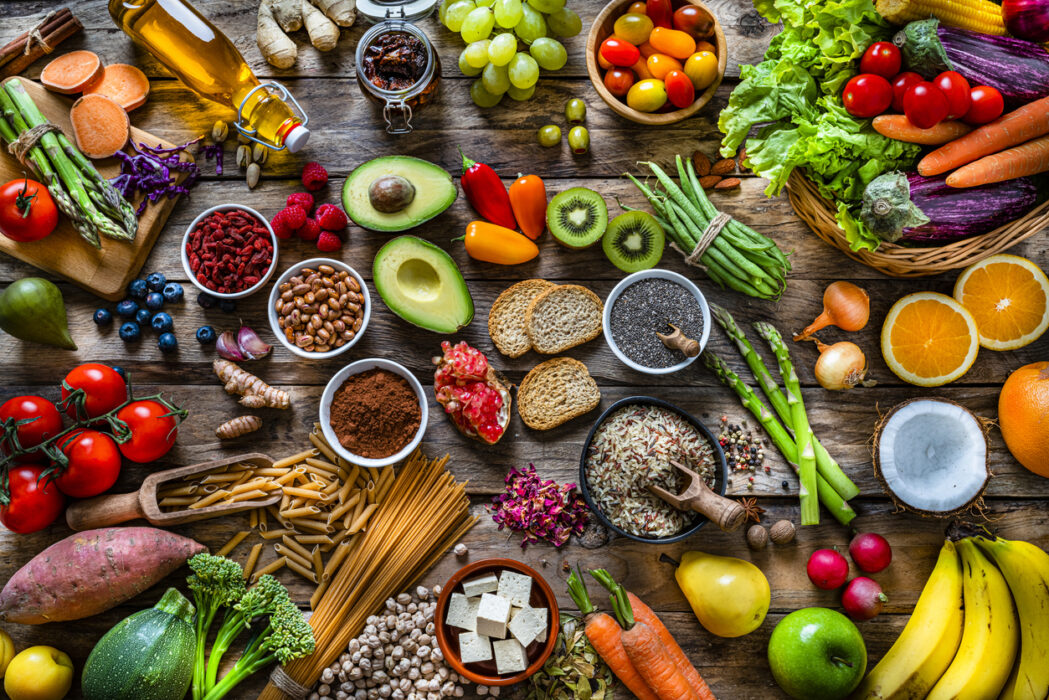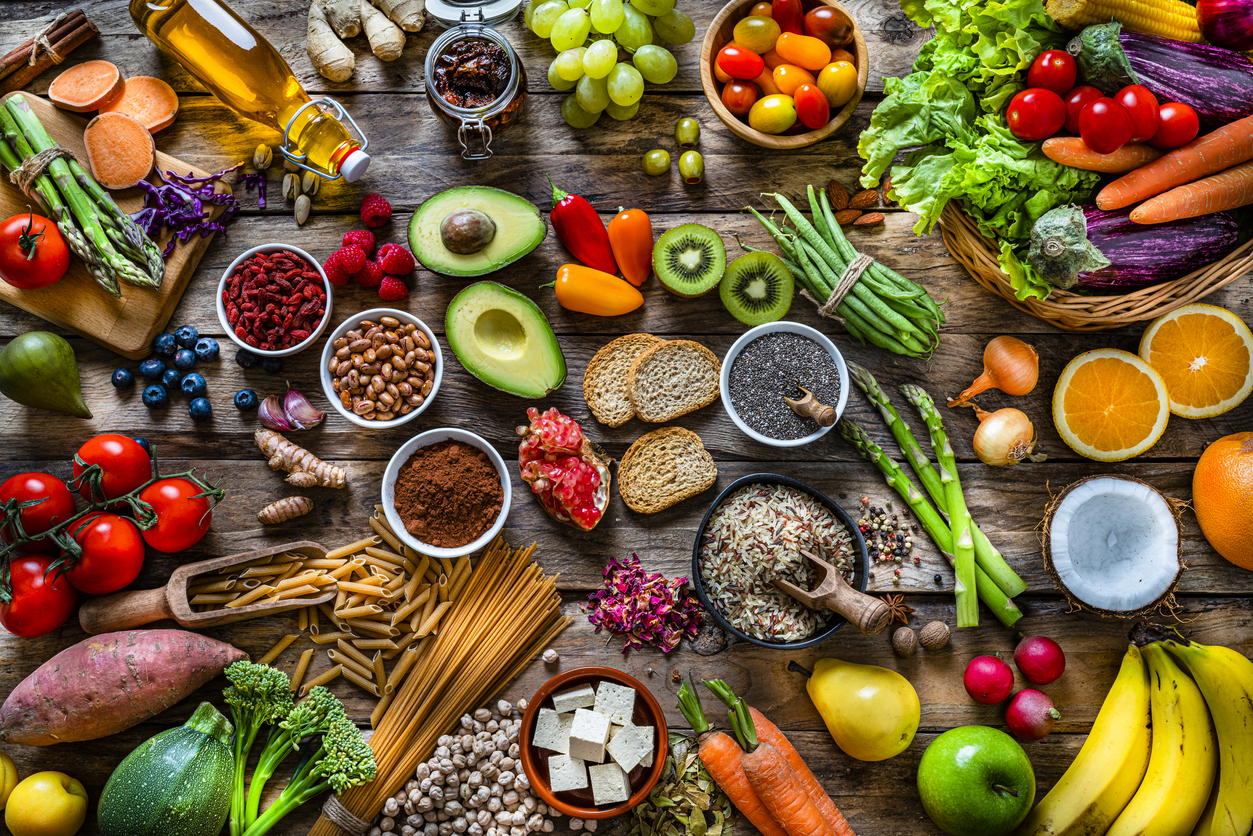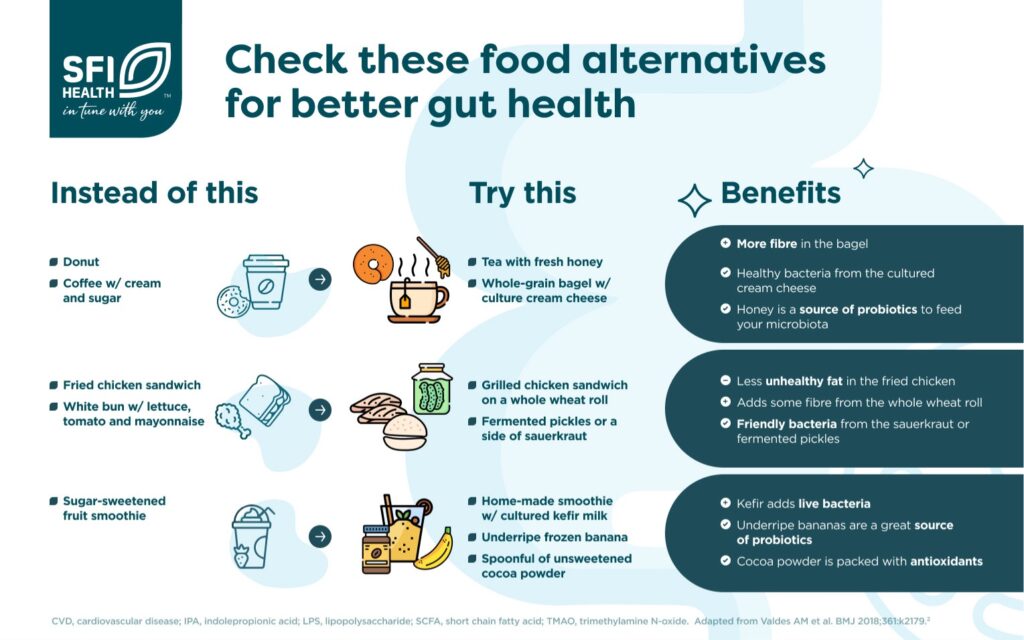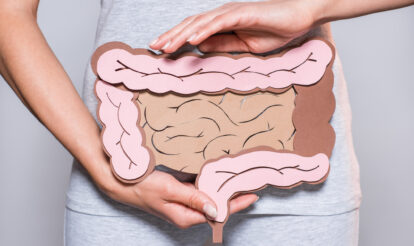
Fast food alternatives to support the gut
Fast food alternatives to support the gut

Fast food meals can save time when your day is busy and your to-do list is long. But while they may fill your stomach, most fast foods, ready-to-eat meals, and other highly processed foods do little to nourish your gut microbiota — the trillions of beneficial bacteria and microbes living in your gut. That’s a concern because your gut microbiota plays a critical role in maintaining your digestive, immune, and overall good health.
From producing essential vitamins to strengthening your gut lining and stimulating your immune system, your gut microbes are busy all day and night. They need the proper fuel to work optimally. So, it’s essential to choose your foods wisely, even when strapped for time and in line at the drive-through.
Keep reading to learn more about the best diet for your gut microbiota and how to make it work with your busy schedule.
The best foods for your gut microbiota
When it comes to nourishing your microbiota, your long-term diet counts. An occasional burger, pizza, or dessert is OK when you’re in a pinch or need to satisfy a craving. But, over the long term, those foods won’t satisfy your gut microbes and promote a healthy, balanced microbiome. Instead, the bacteria in your gut crave a high-fibre diet.
Fibre is the part of plant foods you can’t digest. It comes from fruits, vegetables, whole grains, legumes, nuts, and seeds. When undigested fibre from these foods passes into your large intestine, it helps feed your gut bacteria. In fact, it’s their preferred source of fuel. It helps nourish and stimulate the growth and activity of certain types of beneficial bacteria1. Over time, a high fibre diet changes your gut microbiota’s composition, favouring more types of beneficial bacteria. These beneficial bacteria support your digestive and immune health and help crowd out pathogenic microbes. High fibre diets also promote greater microbial diversity, which researchers are fairly certain is a sign of a healthy gut.2,3
Another important way to support your microbiota is by eating more cultured and fermented foods like yoghurt, kefir, sauerkraut, and fermented vegetables. These contain the same types of live bacteria found in a normal microbiota. Incorporating them into your diet helps add to your colony of beneficial bacteria.4
How fast food affects the microbiota
While a whole food, high-fibre diet can help support your microbiota, most traditional fast food can have the opposite effect. Scientists who study the impact of various diet patterns on gut microbes notice that the Western diet is linked with less diversity in the types of bacteria and lower numbers of friendly bacteria.1
A typical Western diet is characterized by these factors, which appear to cause a shift in the numbers and types of bacteria in the gut:1
- Excess calories
- Animal protein, especially red meat
- Saturated fat from fried foods, red meat, and cheese
- Refined carbohydrates from in pastries, desserts, desserts, and breads made with white flour
- Added sugar from sweetened beverages, desserts, and sweet snacks
- Artificial sweeteners used in reduced-calorie drinks and snacks
Better fast-food alternatives

Sometimes, you might find fast food is faster, cheaper, or the only option. If so, it’s still possible to find plenty of high fibre, gut-friendly options. Look past the traditional burgers, fried foods, and sugary beverages. Instead, try to choose options made from whole foods. Opt for a cup of oatmeal with fruit and nuts for breakfast, a salad topped with grilled chicken or beans, and plant proteins like a bean burrito or veggie burger for lunch or dinner.
Of course, the best approach is to reduce fast food intake and where possible choose fast food items which are friendlier for gut health. Prepping breakfast, lunch, and even dinner in advance saves time and makes it easier to eat a more varied, gut-friendly diet. Instead of grabbing a fast-food meal, spend a few extra minutes and pack these healthier options.
References
- Singh RK, Chang HW, Yan D, Lee KM, Ucmak D, Wong K, Abrouk M, Farahnik B, Nakamura M, Zhu TH, Bhutani T, Liao W. Influence of diet on the gut microbiome and implications for human health. J Transl Med. 2017 Apr 8;15(1):73. https://www.ncbi.nlm.nih.gov/pmc/articles/PMC5385025/
- Valdes AM, Walter J, Segal E, Spector TD. Role of the gut microbiota in nutrition and health. Bmj. 2018 Jun 13;361. https: //www.bmj.com/content/361/bmj.k2179
- Ayua EO, Kazem AE, Hamaker BR. Whole grain cereal fibers and their support of the gut commensal Clostridia for health. Bioactive Carbohydrates and Dietary Fibre. 2020 Oct 1;24:100245. https://www.sciencedirect.com/science/article/abs/pii/S221261982030036X
- Wastyk HC, Fragiadakis GK, Perelman D, Dahan D, Merrill BD, Feiqiao BY, Topf M, Gonzalez CG, Van Treuren W, Han S, Robinson JL. Gut-microbiota-targeted diets modulate human immune status. Cell. 2021 Aug 5;184(16):4137-53. https://pubmed.ncbi.nlm.nih.gov/34256014/
- Plamada D, Vodnar DC. Polyphenols—Gut microbiota interrelationship: A transition to a new generation of prebiotics. Nutrients. 2021 Dec 28;14(1):137. https://www.mdpi.com/2072-6643/14/1/137/htm
- Lavefve L , Howard LR , Carbonero F . Berry polyphenols metabolism and impact on human gut microbiota and health. Food Funct. 2020;11(1):45-65. https://pubmed.ncbi.nlm.nih.gov/31808762/




